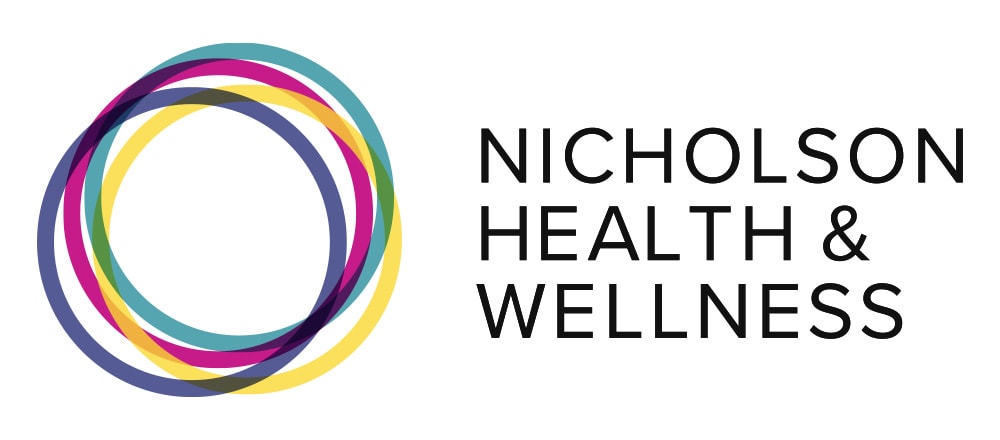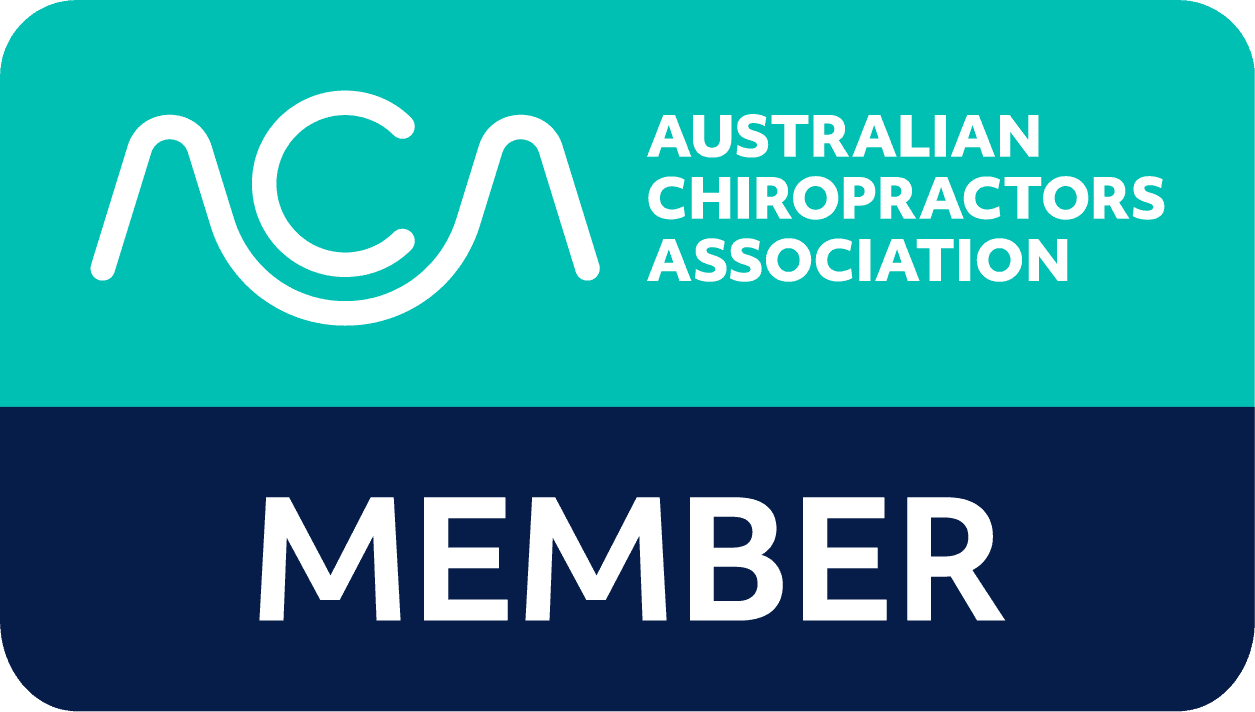By Dr Shami
Are you free for a chat?
“So sorry, been really busy, must catch up soon, how about in 5 weeks’ time, on a Friday between 1 and 3pm? Can’t stay long, must leave on time as I have to rush somewhere else.” Sound familiar? And your response? “Great, perfect, it’s in the diary… I’m really busy too, so that works out well for me as well.”
Where are we running away from and hurrying towards? What are we chasing exactly?
In 2016, Lifeline carried out a loneliness survey and reported that out of over 3100 responses:
- 60% of people said that they often felt lonely;
- 53% said that they would have someone to confide in when they felt lonely; and
- those who replied that they didn’t have anyone to confide in were not just single people!
Why is this an issue?
Robert Waldinger, director of the Harvard Study on Adult Development, a psychiatrist at Massachusetts General Hospital and a professor of psychiatry at Harvard Medical School quotes:
“Loneliness kills. It’s as powerful as smoking or alcoholism.”
He is not being dramatic; this is a real problem – but that’s why I think we should talk about this now. I want to share with you all a powerful study I came across which I believe brings to halt any doubts you may have on what the essence of longevity, health and happiness is all about. Big statement? Read on!
The science behind belonging
In 1938, scientists began following the health of 268 Harvard sophomores during the Great Depression. They wanted to find out more on what makes us healthy and happy. The study followed the lives of men for nearly 80 years and is one of the world’s longest studies of adult life and soon expanded to include their offspring, which brings the number to 1300 (including the offspring who are now in their 50’s ad 60’s). The results were outstanding.
The study revealed that “close relationships, more than money or fame, is what keeps people happy throughout their lives. Those ties protect people from life’s discontents, help to delay mental and physical decline, and are better predictors of long and happy lives than social class, IQ, or even genes. That finding proved true across the board among both the Harvard men and the inner-city participants.”[1]
It was also found, incredibly interestingly, that “the people who were the most satisfied in their relationships at age 50 were the healthiest at age 80.”
So, how do we find the time to reconnect?
The Australian Bureau of Statistics in 2012, revealed that Australian adults spent an average of 13 hours a week watching TV, and in 2015 the Stress and Wellbeing survey reported that adults were spending 2.1 hours per day connected to social media. That makes 14.7 hours a week of potentially free time!
Laura Vanderkam is the author of several time management and productivity books, including I Know How She Does It, What the Most Successful People Do Before Breakfast, and 168 Hours. In her TEDtalk, Vanderkam speaks about how exactly we can gain more control of our free time.
“You have time when it becomes a priority in your life.” She says it’s as simple as that. Enlisting what your priorities in life are at this moment in time and deciding – what needs attention? And really not trying to over work yourself under the guise of ‘efficiency’- but this is a whole other topic related to how multi-tasking affects your brain chemistry from my last article.
So, here’s something we can do about it – call up a friend you haven’t spoken to in months and make time to reconnect. Schedule time in the week for family and loved ones and, as corny as it sounds – feel the love, feel their love. Here’s to more moments of happiness and a healthy life for all of us!
If you are feeling stressed or know someone who will benefit from some helpful tips, Sue, our counsellor, is running a Stress-Free Workshop. For more information click here!
[1] Harvard Gazette, April 2017
Disclaimer:
This article provides general information and discussion about the medicine, health and related subjects. The words and other content provided in this article are not intended and should not be construed as medical advice. If the reader or any other person has a medical concern, he or she should consult with an appropriately licensed physician or other health care worker. The views expressed in this article have no relation to those of any academic, hospital, practice or other institution with which the author is affiliated.





